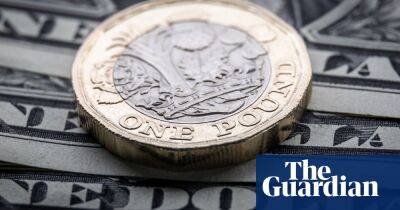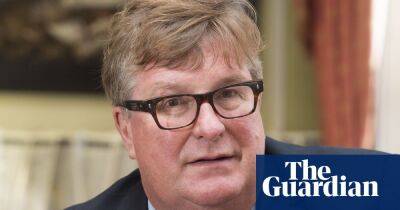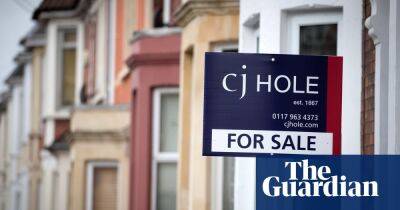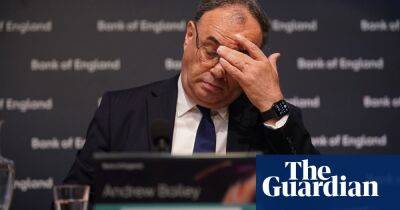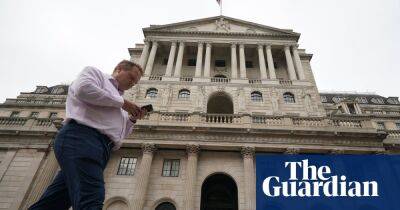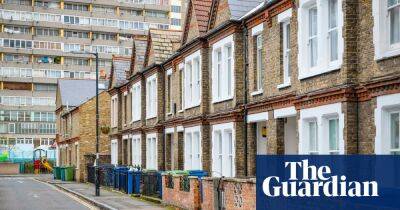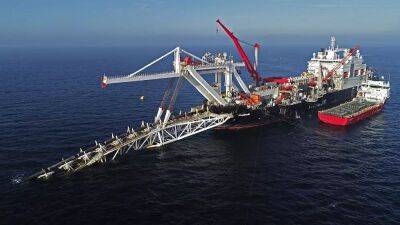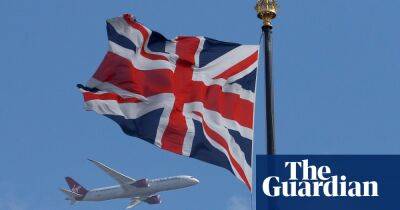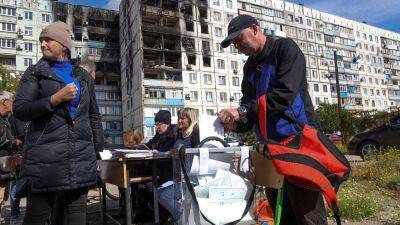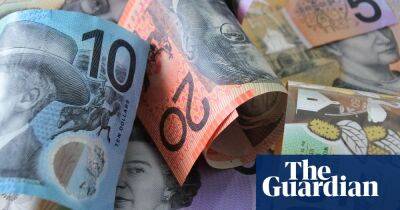Cost of living crisis: what are the rest of the G7 doing?
As Liz Truss’s government prepares to unveil a huge package of tax cuts, alongside energy price caps for UK households and businesses worth an estimated £150bn, here is what the rest of the G7 are doing to ease the cost of living crisis.
French ministers argue that France has been the most generous country in Europe in helping households cope with the cost of living crisis, namely by capping gas and electricity price increases. Until the end of this year, gas prices will remain frozen and price increases for electricity will be capped at 4%. At the start of next year, electricity and gas price increases for households will be capped at 15%.
Last month, the French parliament approved a wide range of new measures for households as surging inflation erodes wages. These include raising public sector pay, increasing pensions and some welfare payments by 4%, placing a cap on rent increases at 3.5% for existing tenants in mainland France, and raising means-tested student grants.
The government has also subsidised a rebate on petrol and diesel prices. Initially worth 18 cents a litre, this has been raised to 30 cents in September and October, and will then drop to 10 cents from November.
Companies are being encouraged to offer employees an annual tax-free bonus of up to €6,000 (£5,240), raised from a previous limit of €1,000. Employees covered by the 35-hour working week will be able to convert overtime days into extra cash.
The government has also scrapped the TV licence (€138 a year in mainland France).
Last December, the government gave one-off €100 payments to help low-income families deal with rising fuel prices. In September, the government gave an “exceptional” handout of €100 – plus €50 for each child – to low-income families
Read more on theguardian.com

